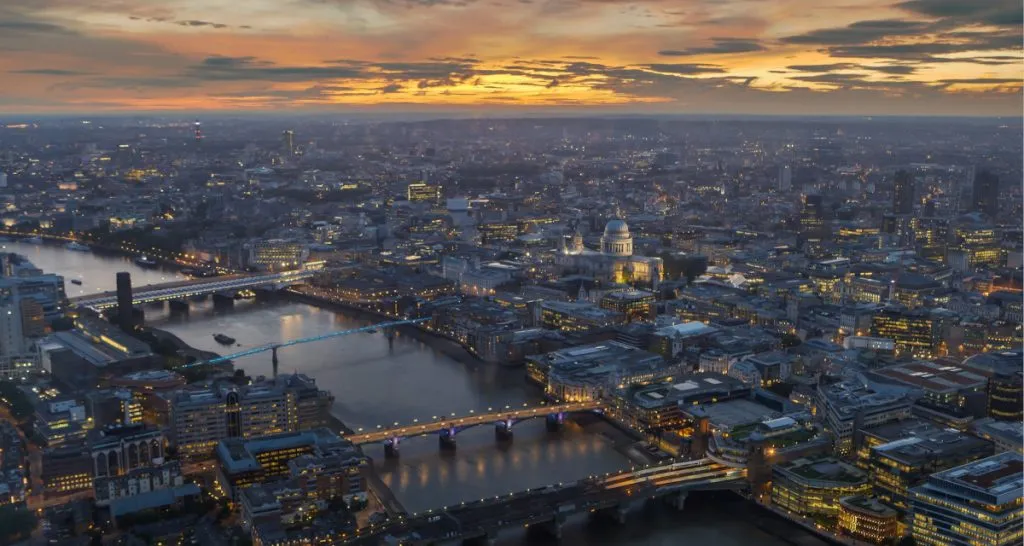
Music Industry Leaders Challenge UK Government's AI Training Rights Proposal
Major record labels and indie sector representatives are strongly opposing a UK government proposal that would allow AI companies to train their models on copyrighted works without explicit permission from rightsholders.

London cityscape at sunset
Universal Music's Lucian Grainge, Sony Music's Rob Stringer, and Warner Music's Robert Kyncl have voiced concerns about the controversial framework, which would implement an opt-out system for copyright holders rather than requiring explicit permission for AI training.
Key Points of Opposition:
- The proposal aims to attract AI investment to the UK amid strict EU regulations
- Critics argue it would undermine intellectual property rights and music monetization
- Industry leaders emphasize creators must be compensated for AI use of their work
- The opt-out system would disproportionately burden smaller independent labels
AIM chief executive Gee Davy states: "The UK's independent music businesses are innovative, tech-friendly early adopters who are excited about where AI can help them, but not at the expense of musicians' abilities to make a living."
Industry Recommendations:
- Replace opt-out system with automatic training safeguards for creators
- Amend the UK's Data Bill to strengthen copyright protections
- Develop frameworks for mutual growth between music industry and AI developers
The proposal has faced additional opposition from prominent artists including Paul McCartney and Elton John, along with various music organizations and parliamentary peers. The consultation period for the proposal ended February 25th, while similar AI copyright discussions continue in other regions, particularly the United States.

Biggie Smalls street art mural